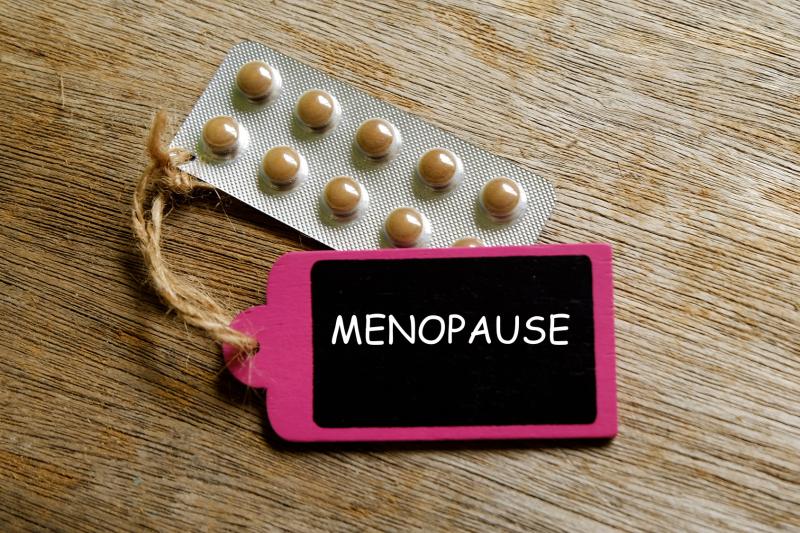
Gabapentin confers favourable effects in relieving vasomotor symptoms but is less effective than those of oestrogen, results of a systematic review and meta-analysis have shown. In contrast, the therapeutic effects of pregabalin remains unclear.
The investigators searched 10 databases (PubMed, Embase, Web of Science, PsycINFO, Cochrane Central Register of Controlled Trials, ClinicalTrials.gov, Chinese Biological Medical Literature, Chinese National Knowledge Infrastructure, Chinese Journals Full-text Database, and Wanfang) and the World Health Organization international clinical trials registry platform and reference lists of related literatures.
Nineteen randomized controlled trials and two randomized crossover studies that examined gabapentin and pregabalin involving a total of 3,519 women patients with vasomotor symptoms were included in the meta-analysis.
Compared with placebo, gabapentin reduced the frequency of hot flashes (after 4 weeks: mean difference, –1.62, 95 percent confidence interval [CI], –1.98 to –1.26; after 12 weeks: mean difference, –2.77, 95 percent CI, –4.29 to –1.24) as well as the composite score (after 4 weeks: standardized mean difference, –0.47, 95 percent CI, –0.71 to –0.23; after 12 weeks: standardized mean difference, –0.77, 95 percent CI, –1.15 to –0.40). Treatment was effective in both menopausal participants and patients with breast cancer.
Patients who received gabapentin had greater risks of dizziness (risk ratio, 4.45, 95 percent CI, 2.50–7.94) and somnolence (risk ratio, 3.29, 95 percent CI, 1.97–5.48) than those in the control group. However, oestrogen was more effective than gabapentin in reducing hot flash frequency. No statistically significant difference was seen between gabapentin and antidepressant in reducing the hot flash severity score.
Of note, trials that compared gabapentin or pregabalin with other interventions showed limited evidence to make a conclusion, according to the investigators.
“Vasomotor symptoms are common among postmenopausal women and patients receiving hormone deprivation therapies, and emerging studies are exploring gabapentin’s and pregabalin’s effects as nonhormonal treatment options,” they said.